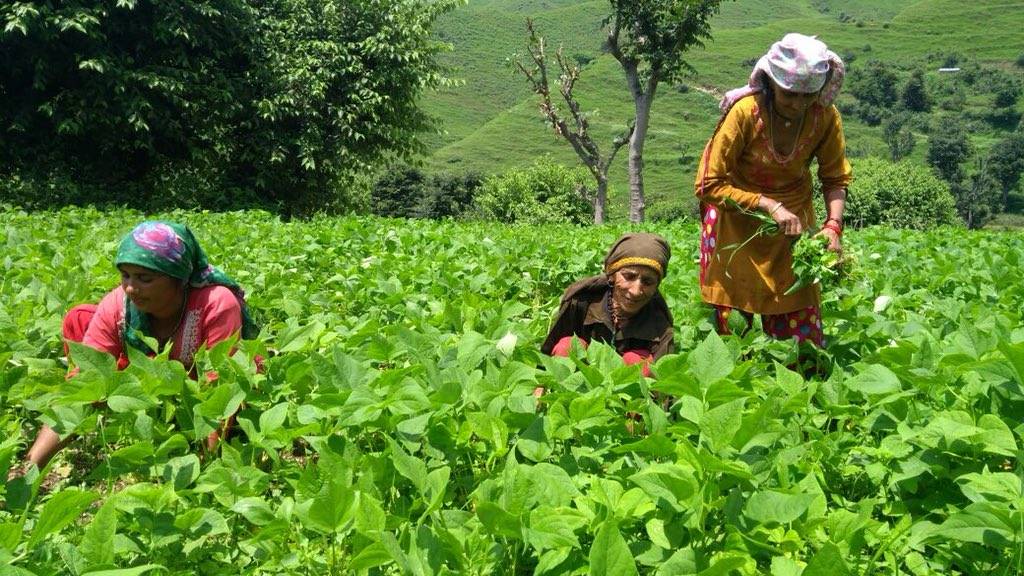
The State Government has developed a programme for climate-resilient natural farming through women's self-help groups, which is a major step towards a climate change action plan (WSHGs). In a virtual meeting on Wednesday, the Andhra Pradesh departments of Scheduled Tribe, Scheduled Caste and Minorities Development, Mission Shakti, and RYSS signed a Memorandum of Agreement (MoA) to this effect.
Chief Secretary Suresh Chandra Mahapatra, who presided over the meeting, directed concerned departments to achieve "field level convergence" for the program's successful implementation.
"Natural farming will gain popular acceptance among the people, more particularly in tribal-dominated districts of Odisha, as the method is quite compatible with traditional patterns," he said, emphasizing the inevitability of natural farming for eco-biology and a sustainable future. While lowering production costs, the method will also result in the production of safe and nutritious food."
T Vijaya Kumar, Advisor to the Government of Andhra Pradesh on Agriculture and Cooperation and Executive Vice-Chairman of RYSS; Ranjana Chopra, Principal Secretary ST-SC and Minority Development; and Sujata Karthikeyan, Secretary Mission Shakti Odisha signed the agreement.
"Natural farming while changing Odisha's cropping scenario will lead to a transformational change towards sustainability," said Development Commissioner Pradeep Kumar Jena. "Because non-toxic food items are in high demand," Jena continued, "natural farming will bring in more income to WSHGs."
A Memorandum of Understanding was signed to begin the programme in tribal-dominated areas in collaboration with RYSS of Andhra Pradesh, which would provide knowledge support based on its extensive experience in the state.
"Natural farming transition programme will be implemented in tribal-dominated areas of 5 districts namely Sundargarh, Keonjhar, Mayurbhanj, Rayagada, and Koraput," Chopra said, outlining the program's basic objectives. From FY 2022-23, the project will be implemented in the operational area.
Chopra went on to say that the programme would be implemented in tandem with the Mission Shakti department, with the help of 13,500 WSHG members. Under the programme, approximately 3.15 lakh hectares of farmland will be taken up. For implementation, a cluster approach would be used. Each cluster would have 50 WSHGs in it. Over the course of five years, a total of Rs.311.93 crore will be invested in the programme.
"Women in tribal-dominated areas of the State are quite familiar with agricultural practises," Karthikeyan said. “They play a crucial role in agricultural operations. They will be happy to continue the natural farming programme because of the benefits it provides to their family and society as a whole."
The WSHGs would be trained to act as resource persons, and they would be assisted with crop diversification, initial preparation of bio-inputs, pre-monsoon sowing, and the establishment of common facility centres for cleaning, grading, segregation, and storage, according to Director ST, SC, and Minority Development Guha Poonam T Kumar.
Each WSHG would be aided in the development of Poshan Garden. Project officers from concerned districts' Integrated Tribal Development Societies, as well as senior officers from Mission Shakti and the Odisha Tribal Development Society, took part in the discussions.
















